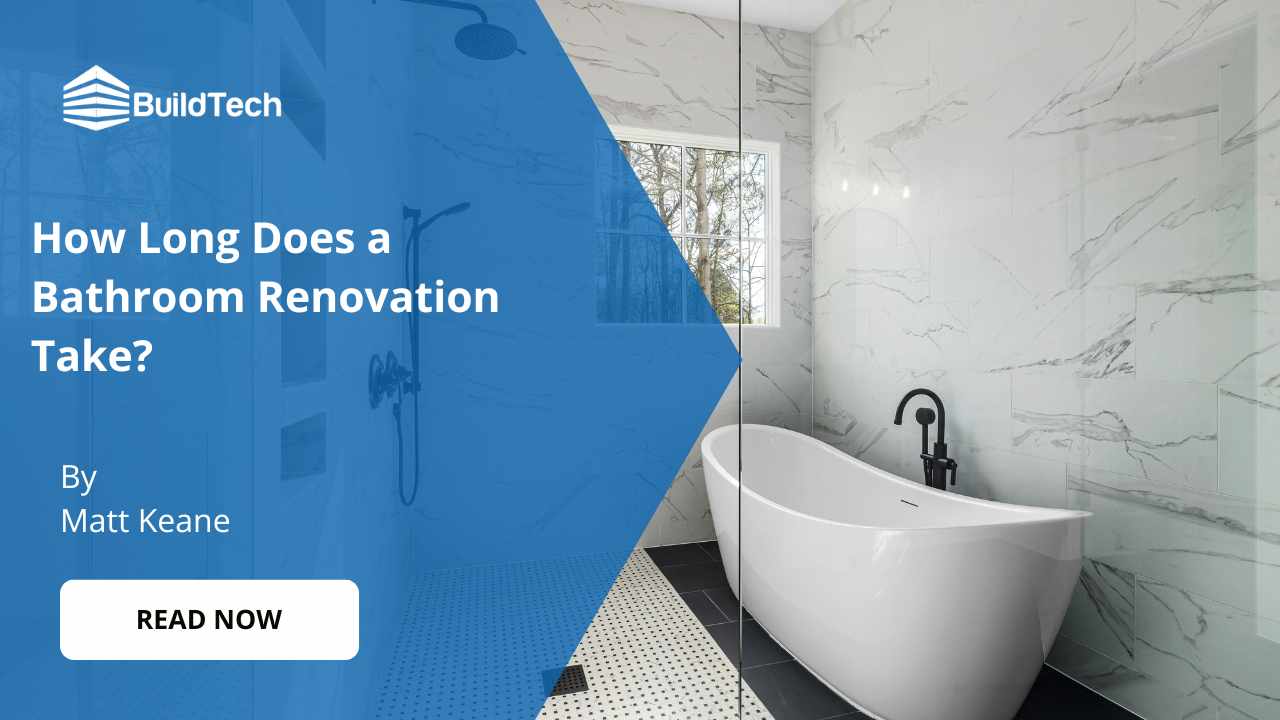A kitchen extension is a great way to add space, improve functionality, and increase the value of your home. Whether you need more room for cooking, dining, or entertaining, extending your kitchen can transform your living space.
However, it's important to plan carefully, especially when it comes to budgeting. In Ireland, the cost of a kitchen extension depends on various factors like the size, materials, and design.
In this blog, we'll explore the typical costs of kitchen extensions, factors that affect the price, and tips for managing your budget. By the end, you'll have a clear idea of what to expect and how to make the most of your investment.
Factors Affecting Kitchen Extension Costs in Ireland
When planning a kitchen extension, it's important to understand what impacts the overall cost. Each factor plays a role in shaping the final price.
Let's take a closer look at these factors to help you plan your budget more effectively.
Size of the Extension
The size of your kitchen extension is one of the biggest cost factors. Larger extensions will naturally cost more because they require more materials and labour.
The price is typically calculated per square metre, so the more space you want to extend, the higher the overall cost will be.
Type of Extension
The type of kitchen extension you choose also influences the price. For example, single-storey extensions are usually more affordable than two-storey ones.
Each type comes with its own construction needs, and a more complex structure will result in higher costs.
Materials Used
The materials you choose can significantly change the cost of your kitchen extension.
Basic materials like standard tiles and countertops are less expensive, while premium finishes such as marble or hardwood increase the overall price. Deciding on the right balance between quality and budget is key.
Labour Costs
Labour costs vary depending on where you live in Ireland. In urban areas like Dublin, labour tends to be more expensive than in rural regions.
Additionally, specialised work like plumbing or electrical installations will require skilled professionals, which adds to the total cost.
Planning Permission
Whether or not you need planning permission can also affect your budget.
In some cases, extensions may need approval from local authorities, which involves extra costs for paperwork and consultations. It’s best to check early on to avoid any surprises.
Average Kitchen Extension Costs in Ireland
Understanding the costs of kitchen extensions in Ireland is essential for planning your project.
Different factors will influence the final price, such as the type of extension and the quality of finishes. Let’s have a look at the costs for single-storey and two-storey kitchen extensions.
Single-Storey Kitchen Extension Costs
A single-storey kitchen extension is a popular choice for homeowners looking to create more space. For a standard finish, the cost typically ranges from €1,900 to €2,300 per square metre.
If you opt for a high-spec finish, expect to pay between €2,000 and €2,500 per square metre. Kitchens with additional fittings, like custom cabinets or high-end appliances, can raise the overall cost.
Two-Storey Kitchen Extension Costs
A two-storey kitchen extension provides even more space but also comes with a higher price. The cost for a standard finish is similar to that of a single-storey extension, ranging from €1,900 to €2,300 per square metre.
A high-spec finish will cost between €2,000 and €2,500 per square metre. Just like single-storey projects, smaller two-storey extensions may have higher per-square-metre costs because of fixed expenses and added complexity.
How to Save on Kitchen Extension Costs?
When planning a kitchen extension, keeping costs under control is important. Luckily, there are several ways to save money without compromising on quality.
Let's explore some effective strategies to help reduce the overall cost of your project.
Reusing Materials or Choosing Budget Alternatives
One of the simplest ways to save is by reusing materials from your current kitchen or choosing more affordable options. For example, you can keep existing cabinets and appliances if they are in good condition.
Opting for budget-friendly alternatives, like laminate countertops instead of granite, can also make a big difference without sacrificing style.
Doing Some Tasks Yourself (DIY)
Another way to save is by handling some of the simpler tasks on your own. You could take on painting, decorating, or even assembling certain parts of the kitchen.
However, it’s essential to leave more technical work, like plumbing or electrical tasks, to professionals to avoid costly mistakes later.
Hiring Experienced Contractors
Hiring experienced contractors can actually help you save money in the long run.
They can complete the job more efficiently and avoid mistakes that could lead to extra costs. It's a good idea to check reviews and ask for recommendations to ensure you choose a reliable team for your project.
Comparing Quotes from Multiple Contractors
Finally, comparing quotes from different contractors can help you find the best deal. Don’t settle for the first price you receive.
Ask for quotes from several professionals and make sure they provide detailed costs so you can compare them properly. This simple step can potentially save you a significant amount of money.
Common Mistakes to Avoid During a Kitchen Extension Project
While a kitchen extension can be an exciting project, it’s easy to make mistakes that can cost you time and money.
To ensure everything goes smoothly, it’s important to be aware of potential pitfalls. Let’s look at some common mistakes you should avoid.
Ignoring the Need for Proper Planning Permission
One of the most common mistakes is overlooking the need for planning permission. Depending on the size and location of your extension, you may need approval from local authorities.
Failing to get the necessary permits can lead to fines or even having to undo parts of your project. Always check if planning permission is required before starting any work.
Underestimating the Total Cost and Running Over Budget
Another mistake is not fully accounting for the total cost. It’s easy to forget about hidden expenses like extra fittings, labour, or unforeseen issues during construction.
Always create a detailed budget and include a little extra for unexpected costs. This will help you avoid running out of money halfway through the project.
Choosing Low-Quality Materials
Trying to save money by opting for cheaper, low-quality materials can be a big mistake in the long term.
While it might reduce costs initially, poor materials can lead to frequent repairs or replacements, adding more expense down the road. It’s better to invest in durable, high-quality materials that will last and require less maintenance over time.
Conclusion
A kitchen extension is a fantastic way to enhance your living space, but careful planning is essential to stay within budget. By understanding the factors that affect costs, choosing the right materials, and avoiding common mistakes, you can create a kitchen that adds value to your home.
However, if you're looking for expert guidance on kitchen extension costs in Ireland, Buildtech can help. With a team of experienced professionals, we ensure your project is completed efficiently and within budget.
Contact Buildtech today for a consultation and get started on your dream kitchen extension!


















